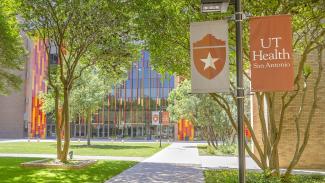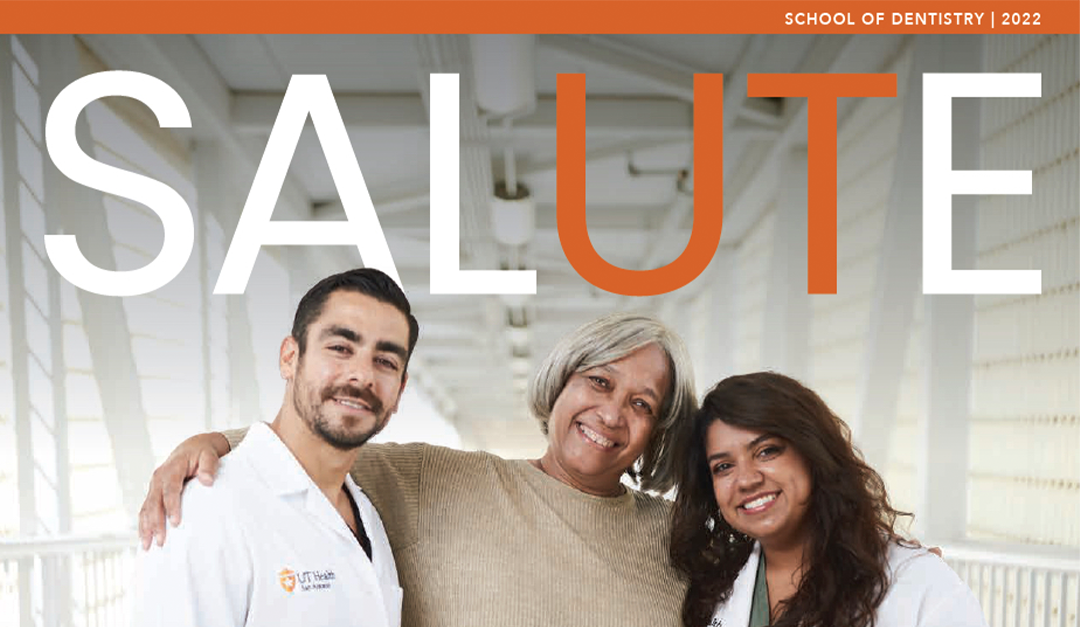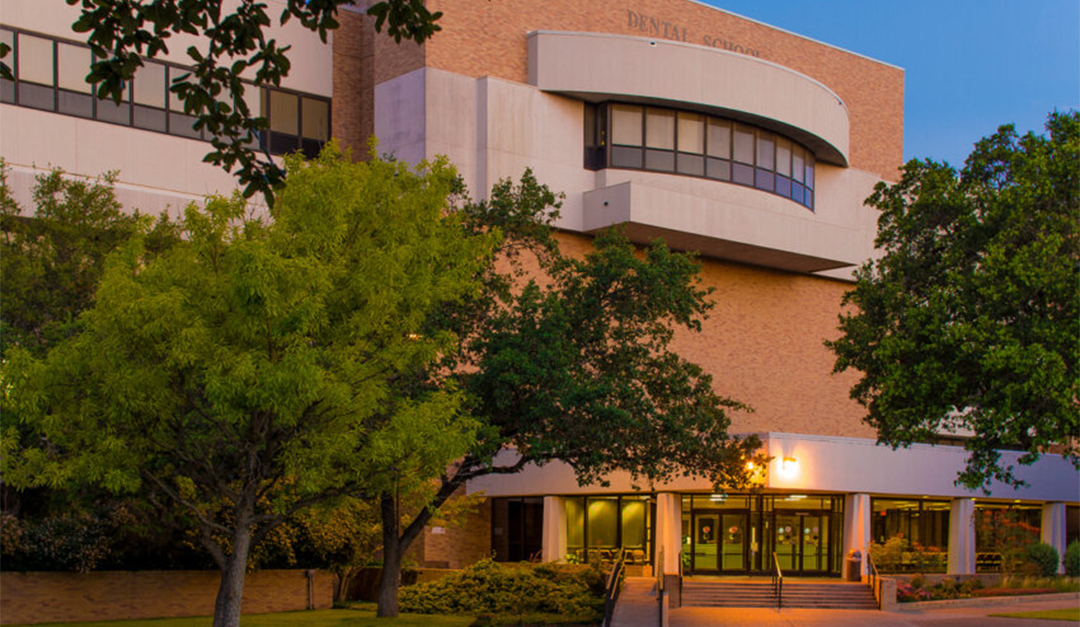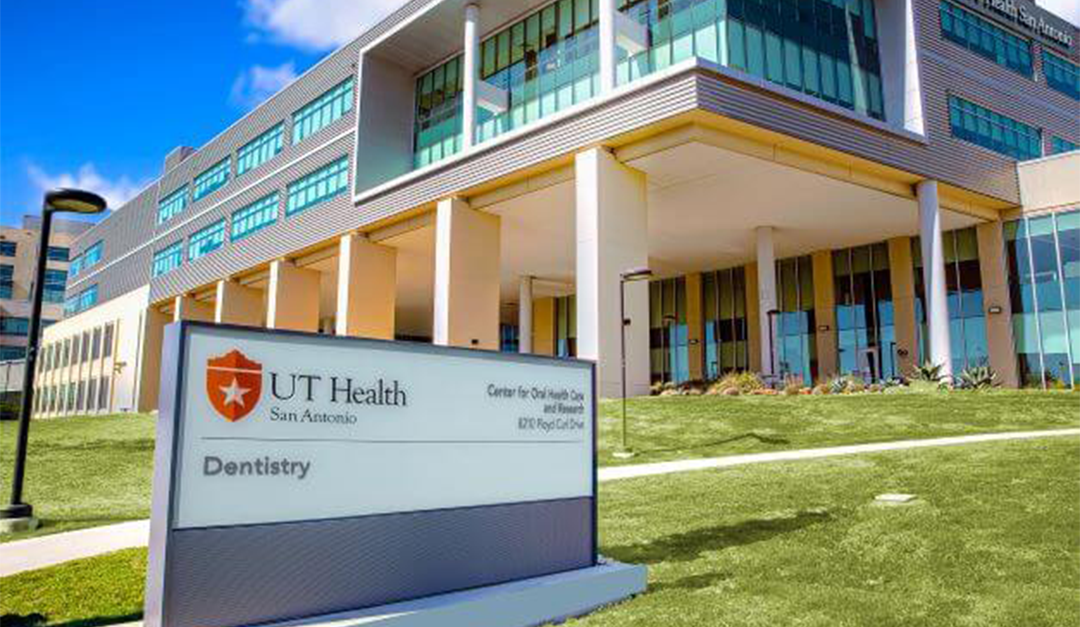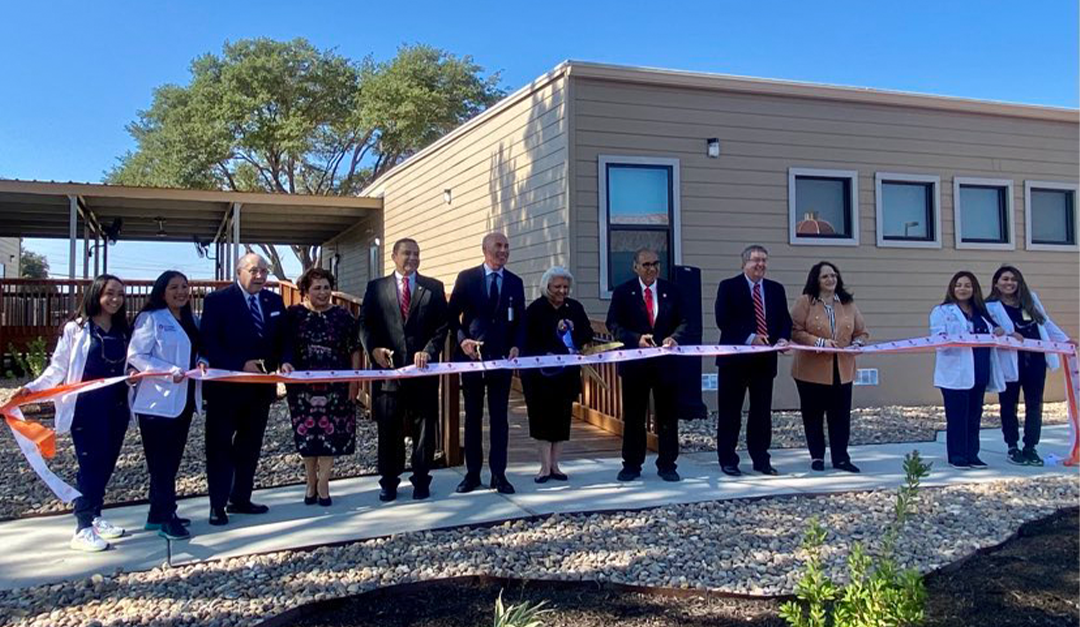Our programs include our highly regarded D.D.S. program; bachelor’s and online master’s options in dental hygiene; postgraduate certificates in most dental specialties and international dental programs. With distinguished faculty and state-of-the-art facilities, our programs offer extensive clinical experience.
121,000+
patients served annual
35M
research funding awarded in 2022
550+
future dental providers and specialists
The Future of Oral Health
UT Health San Antonio 2023 Graduation Spotlight: US Air Force 2nd Lt. Mark Elia
UT Health San Antonio 2023 Graduation Spotlight: Anitha Santosh, BDS, MDS
UT Health San Antonio 2023 Graduation Spotlight: Jonathan Thompson
